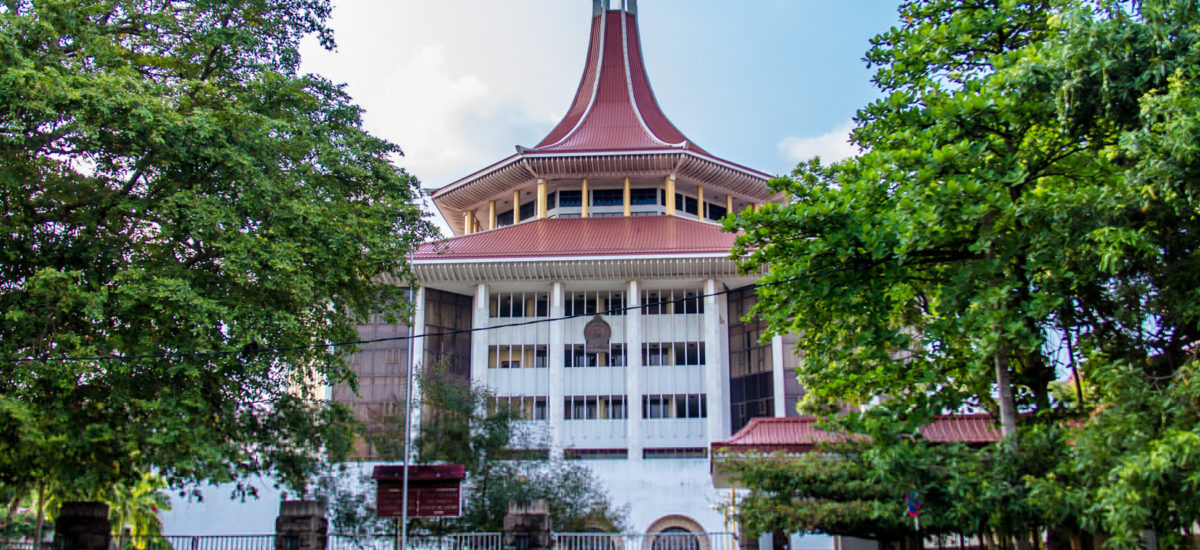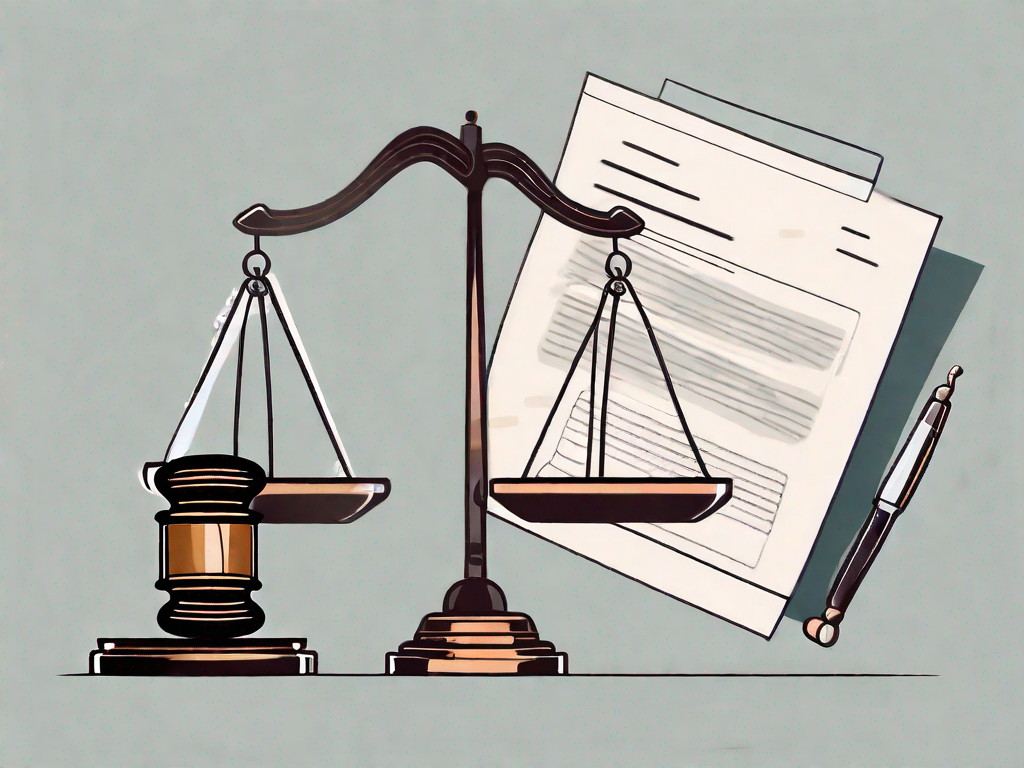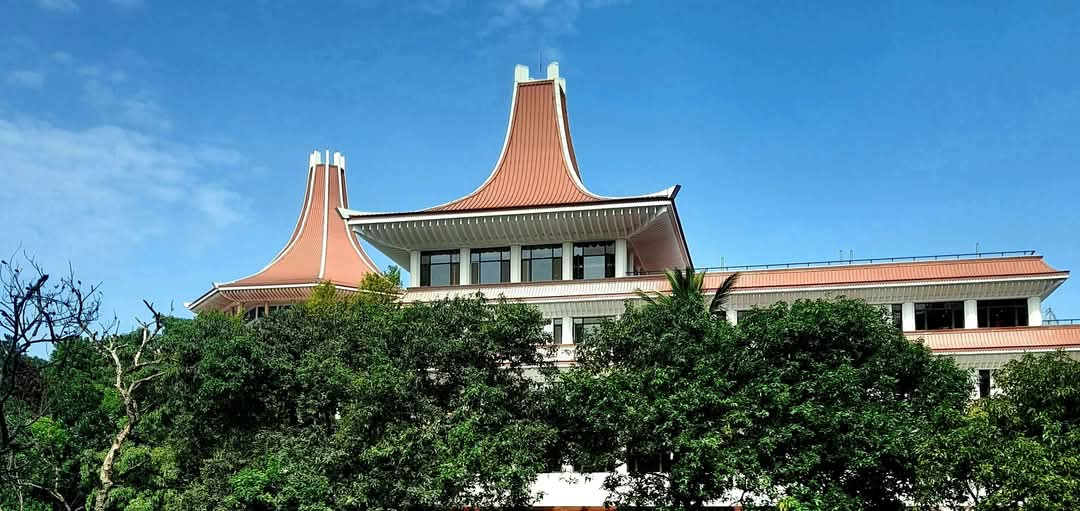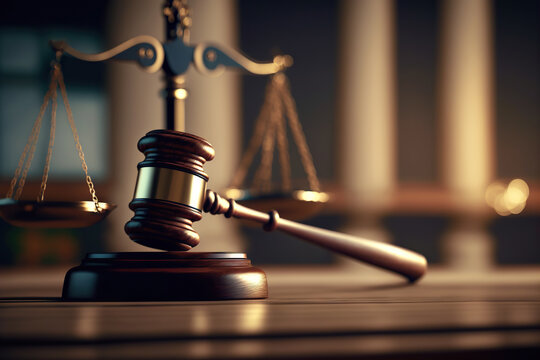“Such inherent power is not unlimited, should follow the rules of natural justice”
Statutory Authorities possess inherent power to withdraw or cancel ‘licenses’
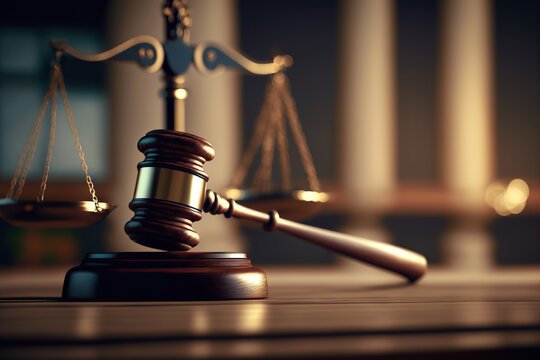
In a recent ruling, the Supreme Court affirmed that under common law, statutory authorities inherently possess the power to revoke or cancel licences they have issued if there are valid reasons, such as deception by the applicant, fraudulent actions, or violations of licence terms. However, this inherent power can be overridden by specific provisions in the enabling statute. The court emphasized that such powers must be exercised in good faith, with due diligence, for legitimate reasons, and in adherence to the principles of natural justice.
This case involves an appeal to the Supreme Court challenging an order by the Secretary to the Ministry of Environment, which upheld the Gem and Jewellery Authority’s decision to revoke a gem mining license issued to the Appellants. The focus was on the legal authority to revoke the license under section 15(8) of the National Gem and Jewellery Authority Act, No. 50 of 1993.
The Appellants were granted a gem mining license for land in Ratnapura. The Chief Incumbent of Sri Padasthanaya objected, claiming the land belonged to the temple. Following an inquiry, the Authority revoked the license due to ownership issues. The appellants’ subsequent appeal to the Ministry’s Secretary was dismissed, prompting an appeal to the Supreme Court.
The appellants argued that the revocation was outside the Authority’s jurisdiction.
Appellants’ Arguments:
- Revocation Grounds:
- Licence can be revoked only for payment default or non-compliance with terms (section 15(7)).
- Neither applied to the Appellants, so revocation was invalid.
- Invalid Reasons:
- Revoked due to disputed property ownership and alleged document fraud, which are not valid grounds under section 15(7).
- Secretary’s Role:
- Secretary can only determine if revocation falls under section 15(7).
Respondent’s Arguments:
- Discretionary Revocation:
- By-laws allow revocation at Statutory Authority’s discretion with written notice.
- Section 15(4)(b) supports discretionary revocation.
- Ownership Evidence:
- Weak evidence of Appellants’ land ownership justified revocation.
- Appellants were not entitled to the licence initially.
The Court examined the relevant legal provisions and bylaws, concluding that the Authority had the legal basis to revoke the license by focusing the following legal principles.
“…it would be seen that the common law recognises the principle that a statutory authority which is empowered by law to issue a licence authorising the conduct of any matter which comes within the purview of such licensing authority’s mandate, is possessed with inherent power to withdraw or cancel such licence (following its issuance) for valid reasons, including in particular, upon satisfaction after inquiry, that (i) it (the statutory authority) had been misled by the applicant to believe that the applicant was entitled to the licence applied for, (ii) the applicant had acted fraudulently in obtaining the licence, or (iii) the applicant had acted in breach of the terms and conditions of such licence. However, an enabling statute can negative such inherent power, through specific provision. It is necessary to emphasise that such inherent power is not unlimited, should be exercised in good faith, with due diligence, for good reasons, and above all in compliance with the rules of natural justice…” – Justice Yasantha Kodagoda PC
“Further, the significance of the by-laws should not be disregarded. In Thajudeen and Another v Gunasekera [76 NLR 133], Justice Pathirana described what a bylaw is, in the following manner: “A by-law affects the public or some portion of the public and is imposed by some authority clothed with statutory powers for something to be done or not to be done and accompanied by some sanction or penalty for its non-observance. Further, it involves a consequence, that, if validly made, it has the force of law within the “sphere of its legitimate operation.”
“Section 17 of the Interpretation Ordinance, No. 21 of 1901 (as amended) provides that where any enactment confers power on any authority to make rules, such power shall include the power to make rules for regulation, supervision, protection or control including inter alia, for the issue, cancellation and refusal of licences in case of non-compliance. Further, section 20 provides that by virtue of the powers conferred by any enactment, acts done under any rule, order or by-law or regulation shall be deemed to be acts done under such enactment. Therefore, it follows that in view of section 54(2)(h) of Act No. 13 of 1971, any act which is done in terms of By-Laws No. 1 of 1971 needs to be considered as an act done under Act No. 13 of 1971.”
“In Regina v Metropolitan Police Commissioner, Ex parte Parker [1953] 1 WLR 1150], Lord Goddard, CJ has expressed the following view: 13 “… Indeed, leaving out of account such very exceptional things as irrevocable licences granted under seal and possibly licences coupled with an interest, the very fact that a licence is granted to a person would seem to imply that the person granting the licence can also revoke it. The licence is nothing but a permission, and if one gives a man permission to do something, it is natural that the person who gives the permission will be able to withdraw the permission…”
“In this regard, Michael Akehurst in an article titled ‘Revocation of Administrative Decisions’ [(1982) PL 613], states the following: “But different considerations apply when an administrative body is empowered to confer on an individual a benefit which he would not otherwise have possessed.”
P.L. Dumindarathna & others vs . Ven. Bengamuwe Dhammadinna Thero, National Gem and Jewellery Authority & others [SC Appeal (Miscellaneous) No. 04/2012 Decided: 11th July, 2024]
Before: Hon. P. Padman Surasena J, Hon. E.A.G.R. Amarasekara J, and Hon. Yasantha Kodagoda, PC, J.


